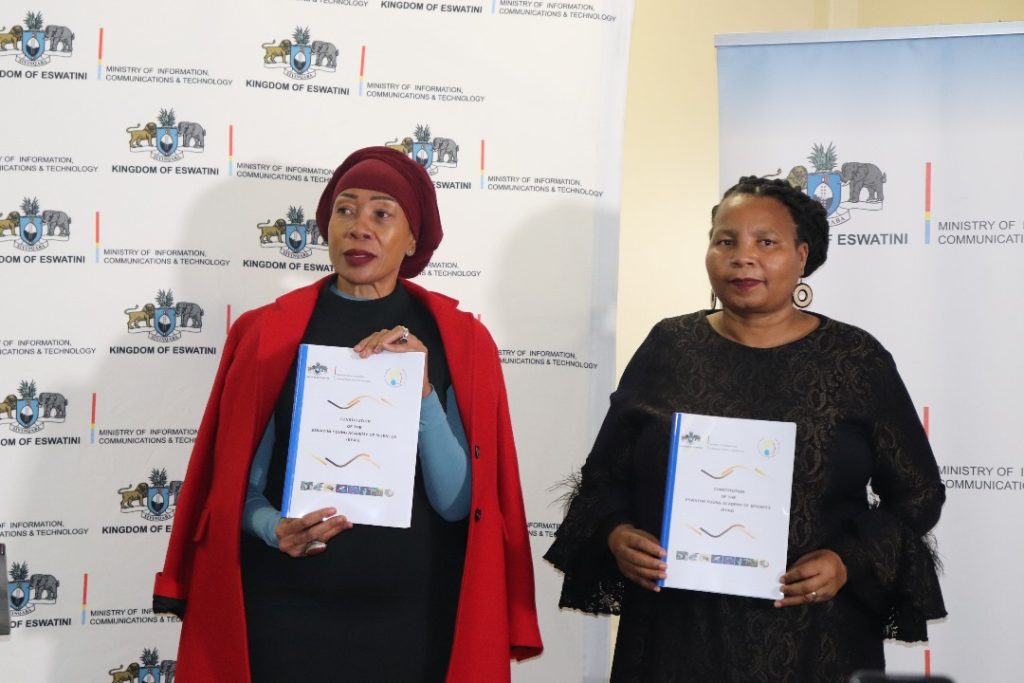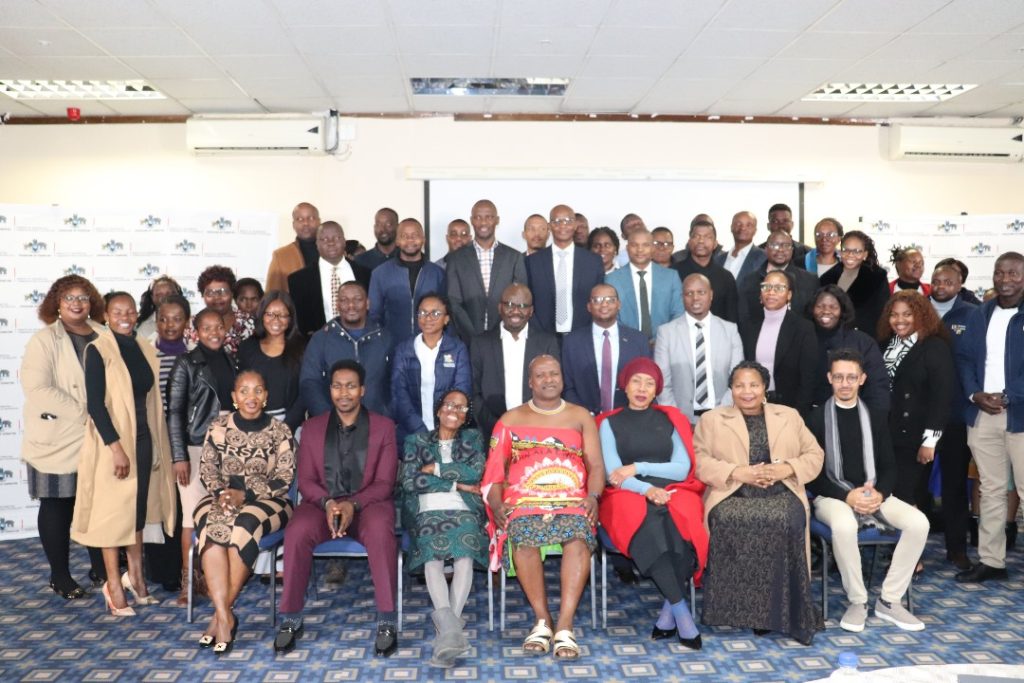
Despite just 5% of Eswatini’s youth being enrolled in science courses at university level, the kingdom has introduced the constitution for the Eswatini Young Academy of Sciences (EYAS), aligning it with the SADC Protocol for Science, Technology and Innovation.
The launch took place at The George Hotel in Manzini and was attended by prominent regional and international representatives. Among them were Professor Walter Oyawa, Member of the Board of the International Science Council; Dr. Veda Krishnan, Executive Committee Member of the Global Young Academy; and Reaboka Morakabi, Programme Officer for Science, Technology and Innovation at the SADC Secretariat.
Speaking at the event, Dr. Rejoice Maseko, Director of Research, Science, Technology and Innovation (RSTI) at the Ministry of ICT, stated that the initiative demonstrates the government’s commitment to strengthening STI in accordance with regional priorities.
“We are proud to join the ranks of our SADC neighbours such as South Africa, Namibia, and Botswana, whose vibrant young academies are significantly contributing to their economies through innovation and research,” she said.
Maseko emphasised the collaborative process behind drafting the academy’s constitution, which involved expertise from the Kingdom of Eswatini Academy of Sciences (KEAS), SADC partners, and youth representatives from the University of Eswatini.
She also paid tribute to the late Professor Lydia Makhubu, the first Swati member of the African Academy of Sciences, recognising her legacy as an inspiration for the country’s youth.
“The founding members of EYAS have undergone a rigorous and competitive selection process and now bear the responsibility of shaping the future of science and innovation in Eswatini,” she said.
Pointing out that only about 5% of youth are currently studying science at university level, Maseko expressed her hope that the Young Academy will help to change this statistic.
“Research indicates that when young people see their peers engaged in scientific disciplines, it creates a ripple effect, inspiring others to follow similar paths,” she explained.
She also expressed optimism that the upcoming National Research Council (NRC) will enhance enrolment and funding for postgraduate research and studies, while also reducing reliance on external partners.

The launch was also attended by Macanjana Motsa, Under Secretary at the Ministry of ICT, who remarked that the academy is timely given the country’s high youth unemployment rate, as reported by the World Bank.
“Creating jobs and opportunities for young people is the best way to combat poverty,” she said. “With youth as the engines of our future, we aim to lead in the Fourth and Fifth Industrial Revolutions.”
Motsa highlighted initiatives such as the Coding Programme with Udacity, which seeks to train over 300,000 Emaswati in coding and artificial intelligence, already equipping young people for a technology-driven economy.
“Over 100 girls are already participating in fields such as space science and AI, which were previously considered male domains,” she noted. “The academy has the potential to become a hub for innovation, mentorship, and collaboration, transforming economies and enhancing livelihoods.”


